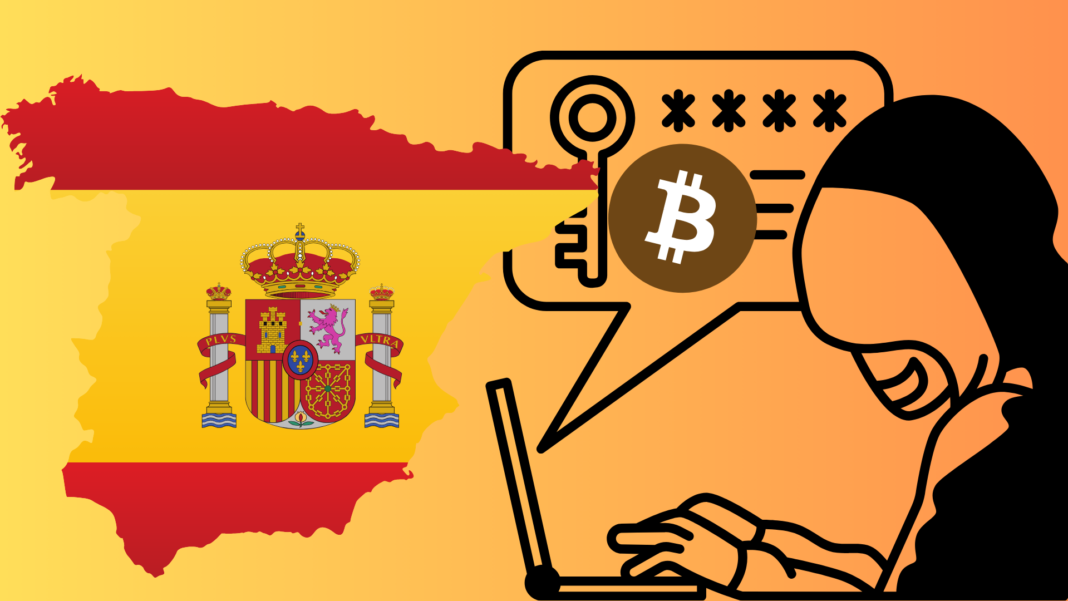In a major breakthrough for cybercrime enforcement, Spanish authorities have successfully brought down a sophisticated cryptocurrency fraud ring that stole over €19 million (approximately $21.5 million USD) from unsuspecting investors.
According to official report by Bleeping Computer, The two-year investigation culminated in the arrest of six individuals who orchestrated the elaborate scheme.
These scammers deceived at least 208 victims by using artificial intelligence to create convincing media content that promoted fake cryptocurrency investment opportunities.
Among their most deceptive tactics were AI-generated deepfake videos that featured manipulated celebrity endorsements, which falsely promised extraordinary returns and lent an air of legitimacy to their operations.
AI Deepfakes Used to Bolster Credibility of Fake Investment Platforms
What made this fraud particularly alarming was the strategic use of AI technology to enhance its believability.
The criminals created realistic videos and other promotional content using deepfake techniques, digitally replicating the faces and voices of famous public figures to endorse bogus investment platforms.
These AI-powered impersonations made it extremely difficult for potential investors to detect the fraud, especially in an era where deepfake content is becoming increasingly refined and prevalent.
By merging the viral allure of cryptocurrency with the false trust derived from celebrity endorsements, the scammers exploited psychological and technological vulnerabilities to maximize their deception.
Also Read: West Virginia District Court Issues Warning on Crypto Scams Involving False Jury Duty Claims
Kingpin’s Arrest Prevents Flight to Dubai, Charges Filed Against Suspects
Authorities revealed that the ringleader of the operation was apprehended just before escaping to Dubai, a known refuge for individuals looking to evade legal consequences due to its limited extradition agreements.
The arrested individuals, aged between 30 and 60, now face a string of serious charges, including large-scale fraud, money laundering, and the use of forged documentation.
Spanish law enforcement emphasized that this operation was a significant success but confirmed the investigation remains ongoing.
Authorities are now shifting focus to unravel the deeper financial networks and potential international links connected to the scam.
Also Read:
Recovery of Millions Remains Elusive as Investigation Continues
Despite the arrests, authorities have not yet confirmed whether any of the stolen €19 million has been recovered.
Investigators are now working with cybersecurity experts and international partners to track the movement of funds through various digital wallets and financial channels.
The case highlights the emerging risk posed by AI-powered financial crimes and underscores the urgent need for updated digital forensics capabilities and stricter regulations.
It also serves as a wake-up call for investors, regulators, and tech developers about the dual-use nature of emerging technologies like AI, capable of both innovation and manipulation.
Global Context: Other Courts Tackle Rising Crypto Scams
This case is one of many unfolding globally as authorities scramble to contain the rise of crypto-related fraud.
In Australia, the Securities and Investments Commission (ASIC) recently obtained federal court approval to shut down 95 firms involved in crypto scams that defrauded over $35 million from more than 1,500 victims through tactics like “pig butchering.”
Meanwhile, South Korea’s Busan Court sentenced three individuals over a $416,000 scam that promised investors 30% monthly returns.
In the U.S., the District Court in West Virginia issued a warning about scammers demanding cryptocurrency payments under the false pretense of missed jury duty.
These cases reflect a growing global crackdown on crypto scams, especially those exploiting regulatory loopholes and technological advancements.
Also Read: Crypto Scam Alert: Scammers Are Using Fake Cloudflare Verification


